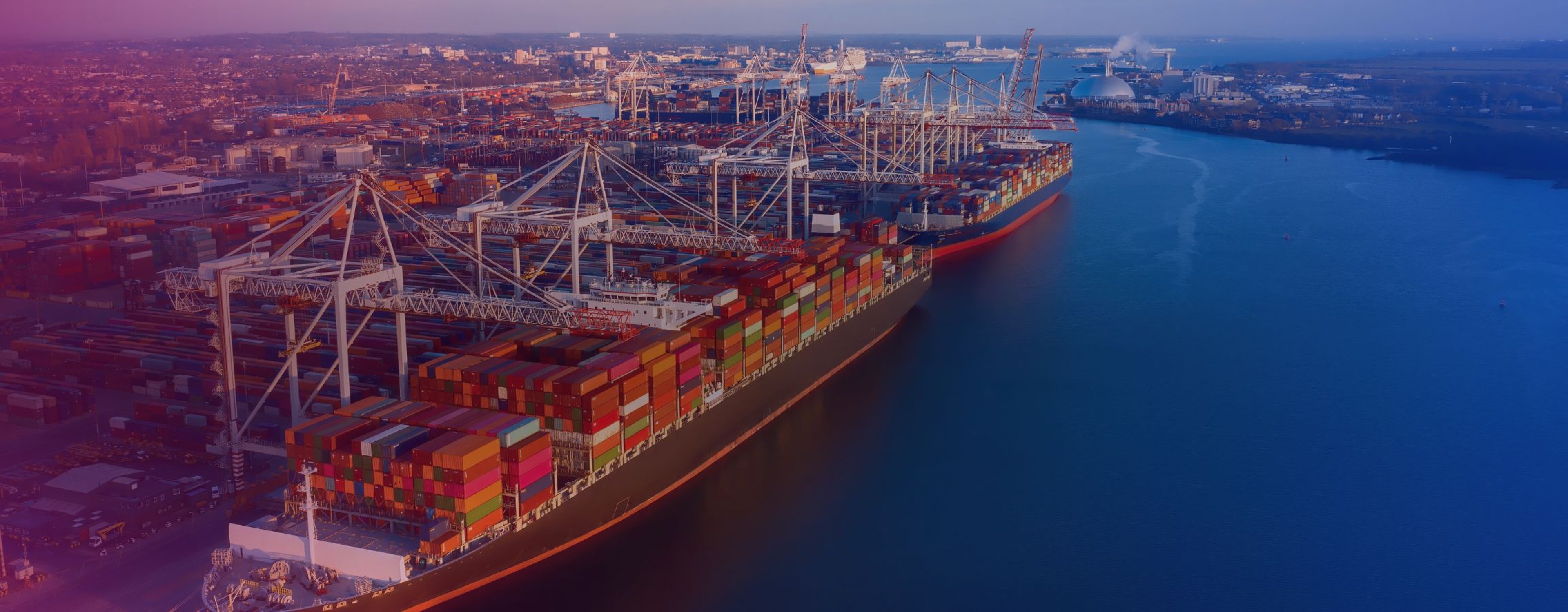What is a Freeport and how can it benefit your business?
The benefits Freeports offer makes it an attractive option for businesses seeking to reduce operating costs and improve cash flow – particularly in light of recent changes to employer National Insurance (NICs) and other financial pressures.
Located around air, rail, or seaports, Freeports offer businesses the opportunity to operate in areas with different economic regulations. This means companies can take advantage of significant cost-saving incentives, making Freeports an important consideration for businesses aiming to stay competitive and protect their margins.
Freeport sites across the UK
Here are the Freeport locations across the UK, as designated by the UK government:
- Solent (South Coast)
- East Midlands
- Teesside
- Humber
- Felixstowe and Harwich
- Liverpool
- London Gateway
- Plymouth and South Devon
- Firth of Forth (Scotland)
- Inverness and Cromarty Firth (Scotland)
- Anglesey (Wales)
- Cardiff (Wales)
Key Freeport benefits for businesses
Freeports offer a range of specific financial advantages that can help businesses mitigate rising costs.
1. Employer National Insurance contributions (NICs) relief
Businesses operating within Freeport tax sites can access 0% employer NICs on the earnings of new employees who spend at least 60% of their working time in the tax site. This can result in savings of up to £25,000 per employee per year for up to three years, offering a much-needed financial buffer for businesses facing increasing wage costs due to NICs rises in April 2025.
2. Enhanced Capital Allowances (ECA)
With capital investment becoming an increasingly important way to manage rising operational costs, Freeports offer businesses the opportunity to benefit from 100% capital allowances on qualifying plant and machinery purchases. This means businesses can deduct the full value of capital expenditure from their taxable profits in the year of purchase – providing a valuable cash flow boost. The enhanced Capital Allowances are available on assets bought for use in Freeport tax sites, and businesses can benefit from this relief until 30 September 2026.
3. Business rates relief
Another significant cost to consider, especially for businesses expanding or relocating, is business rates. Freeports provide full business rates relief for new businesses established within a Freeport tax site, with existing businesses also benefiting from relief if they expand into the site. This relief lasts until 30 September 2031, helping to reduce operational overheads and offering businesses the chance to reinvest those savings into growth or innovation.
While similar business rates relief is expected for Scottish Green Freeports, final details and timelines have not yet been confirmed.
4. Stamp Duty Land Tax (SDLT) relief – Freeports in England
In England, businesses purchasing land or buildings within designated Freeport tax sites may be eligible for full or partial relief from Stamp Duty Land Tax (SDLT):
- Full Relief: Available when more than 90% of the purchase price (chargeable consideration) relates to land or buildings within an English Freeport tax site.
- Partial Relief: Available when less than 90%, but at least 10%, of the purchase price relates to land or buildings within an English Freeport tax site.
- No Relief: If less than 10% of the purchase price is for land or buildings within a Freeport site, no relief is available.
This can be particularly valuable for companies looking to acquire property in key areas, allowing them to avoid the usual SDLT costs. This relief is available until 30 September 2031, making it an ideal time for businesses to consider expanding or relocating to a Freeport location.
5. Land and Buildings Transaction Tax (LBTT) Relief – Green Freeports in Scotland
In Scotland, businesses purchasing land within designated Green Freeport tax sites may be eligible for full or partial relief from Land and Buildings Transaction Tax (LBTT):
- Full Relief: Available when at least 90% of the chargeable consideration for the transaction relates to qualifying land within a designated Green Freeport tax site.
- Partial Relief: Available when at least 10% but less than 90% of the chargeable consideration relates to qualifying land within a designated Green Freeport tax site.
- No Relief: If less than 10% of the chargeable consideration is for qualifying land, no relief is available.
It is expected that LBTT relief will be available from the date tax site designation takes effect, until 30 September 2034. Revenue Scotland is responsible for the collection and management of LBTT.
6. Land Transaction Tax (LTT) in Wales
Land transactions in Wales are covered by LTT, which has its own regime for Freeports. The LTT freeports relief runs from 26 November 2024 to 30 September 2029. An important distinction between the LTT from SDLT and LBTT is that there is no partial relief available – a deal covering land and buildings both within and outside the Freeport area will need to be split into two separate transactions to enable the land and buildings in the Freeport area to potentially qualify for the LTT relief.
General point on the Freeport relief for SDLT, LBTT and LTT
Each of the regimes has its own rules, but all Freeport tax reliefs are subject to a 3-year control period where certain actions or events may trigger a clawback of the relief claimed.
7. Simplified customs procedures
Freeport customs sites allow businesses to store and process goods with duty and VAT suspension, meaning they won’t be subject to customs charges until the goods leave the site. This streamlined process enables businesses to delay or avoid customs duties, offering further flexibility in cash flow management. By reducing the administrative burden and allowing businesses to operate more efficiently, Freeports help mitigate the financial impact of rising logistics costs, tariffs, and customs complexities.
8. Long-term certainty
One of the most attractive features of Freeports is the certainty of long-term benefits. All tax reliefs and incentives are confirmed to last until 30 September 2026, giving businesses the stability they need to plan for the future. With the economic landscape shifting, these ongoing benefits provide much-needed predictability, helping businesses better manage their financial planning and reduce the impact of external pressures like the NICs increase.
We are here to help
With rising costs from NICs increases and other factors, the benefits offered by Freeports present a significant opportunity for businesses looking to mitigate these challenges. Whether you’re considering relocating, expanding, or investing in capital assets, Freeports offer a range of advantages that could help your business thrive in uncertain times.
Our team at Azets can provide tailored advice on how your business can make the most of the Freeport opportunities available. From understanding how to access tax reliefs, to assisting with the financial planning around Freeport incentives, we’re here to help you navigate the process and maximise your benefits.
For more information on how freeports could benefit your business, get in touch with a member of our specialist team via the form below or contact your usual Azets adviser.

